Revd. William F. Jackson: Secretary, Journalist and French Spy, 1737?-1795.
A biography in the making?
Hello! Today I want to introduce a topic which has been mentioned before, ever so briefly on the blog. It is that of the life of Reverend William F. Jackson - I previously had a piece published in History Ireland, which detailed but a tiny episode of this mans life, the last year of it before he died. Within that one year, an awful lot happened and his death had implications which were far reaching in the political landscape of 1790s Ireland.
His story is one which is not often spoken of, when we read and write of 1790s Ireland we recall the names of Wolfe Tone, Edward Fitzgerald, Henry and John Sheares, Martha McTier etc. Jackson is a character who plays a peripheral role in the lives of some of these great figures - he appears most recently in the work of Marianne Elliott, who dedicates quite some time to Jackson, within the context of her biography of Theobald Wolfe Tone and the relationship between Revolutionary France and Ireland. And when I say most recently, I mean in the last 30-40 years.
For some reason, I cannot explain why his story appeals to me so much - I have only been asked once why I want to find out about him, and I simply have no answer. His story is elusive and appealing, he seems at first, to be an infinitely minor figure in a grand world of revolution and conspiracy. Yet, time and again, he appears at key moments in the history of both Ireland and Britain.
He served as secretary for the Duchess of Kingston, Elizabeth Chudleigh - a member of the royal court and target of the most scandalous trial of the 1770s in Britain for charges of bigamy. Jackson became embroiled in a battle of letters with the famous playwright Samuel Foote in an effort to defend his patron. In the end she was found guilty and allowed to put herself in self-imposed exile on the continent, where she became friends with royalty from France, to Italy, and Russia.
We know that Jackson at the very least, accompanied her to France and may have been the one to pen her memoir once she passed away in 1779. One can sense a tone of bitterness in his writing as he had been left out of her will entirely - despite being her resolute defender for the previous decade. We nonetheless have a record of his involvement against Samuel Foote, an episode which itself forced Jackson into exile due to threats of legal action for defamation.
Once both the Duchess and Foote passed away, Jackson made a return to Britain continuing his trade as a writer and journalist - he pens a document in support of the constitutions of the newly formed United States of America and was hired by William Pitt the Younger to speak unfavourably about the opposition in parliament - under a pseudonym of course. It didn’t take long for him to be found out, and his colleagues derided him for being hypocritical and flip flopping his opinions, never being true to his word and seemingly having no beliefs of his own.
By the close of the 1780s he had entered into a venture with a famous London actor in order to establish a new theatre. They sought investments from a number of people and were in the end, successful in constructing and playing a show on its opening night. While it was not necessary to seek approval to construct a theatre in London, it was required to seek permission to go ahead with productions, something they had not been granted. The theatre was subsequently shut after a single show - resulting in a tsunami of investors demanding a refund on their investment, something Jackson was not capable of doing.
So, yet again, he fled to France. Though in 1789-90 France was becoming something wholly different from what it was the last time he visited in the late 1770s. Revolution had come and Jackson had arrived just as things were taking off. I as of yet, know little of his early years in Paris - it has been written that he was an English tutor much of the time. It is not until 1792 that we have concrete evidence of his presence - and it is in the most unlikely of places.
Whites Hotel in Paris was an English speaking enclave during the revolution - it hosted many well known figures of the day such as Lord Edward Fitzgerald and Thomas Paine. On 18 November 1792 a dinner took place at which, members signed a declaration pledging their allegiance to the ideals of the revolution and advocating for change at home. Among the names listed on this document is one William Francis Jackson - the very same Jackson who we’ve been looking at.
We can only imagine who he became acquainted with, and whom he shared his ideas with. Though we also must question how well received he was. Years later when he found himself in Dublin, Edward Fitzgerald refused to meet with Jackson, believing him to be a British spy trying to undermine the United Irishmen. This could serve to reinforce my own opinion, that Jackson was not himself a revolutionary idealist, but rather a pragmatic opportunist - he did not flee to France for dreams of revolutionary fervour, it was for bad debts. Rather, he seems to have been a moderate reformer - writing in favour of American democracy, but drawing the line somewhere along the way.
At the same time, he managed to survive in France until 1794 without arrest and imprisonment, an impressive feat for a British/Irish citizen, particular from the Spring of 1793 when Britain declared war on France. For him to make it this far and subsequently become employed by the French Government, then under the control of the Committee of Public Safety under Maximilian Robespierre - would have required a great show of faith in the revolution and disdain for Britain.
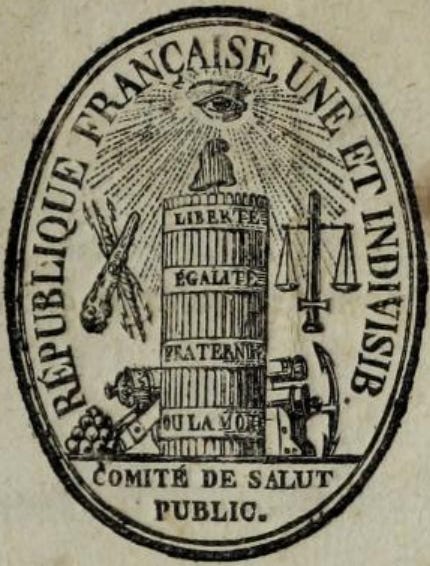
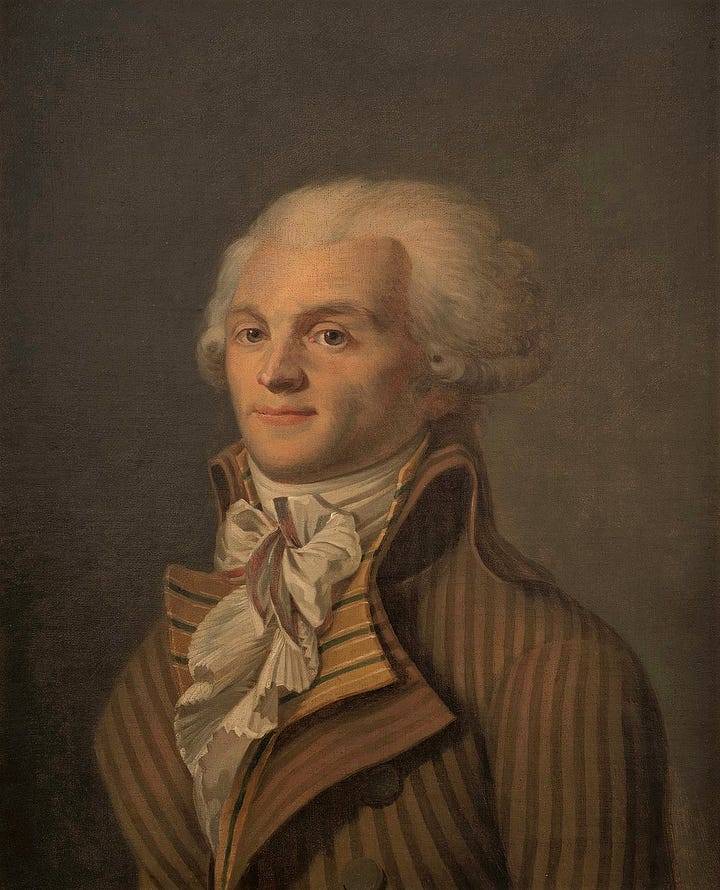
I don’t doubt however, that Jackson could not be charismatic when needed. He of course started out as a preacher in Tavistock Chapel on Drury Lane in London - hence the title Reverend. By 1794 he had fallen in with a band of fellow Irishmen under the command of Nicholas Madgett in the Marine Office - their mission was to disseminate and spread revolutionary ideas across the British Isles. Jacksons mission was somewhat different. He was to travel to Britain and then Ireland and gauge public opinion on the prospect of a French military invasion. This story is one which can wait for another day as it in and of itself is a long one.
For a concise but detailed version of Jacksons mission - I have already written an article which I previously mentioned. This is now available online through JSTOR if you happen to have access. If not then drop a comment and I can mail you the pdf - https://www.jstor.org/stable/27198565
For today I just wanted to drop a line explaining what I wanted to work on moving forward - you will likely be hearing a lot of Jackson, I’m unsure of my plans long term for his story. Ideas of going back to college for a thesis, or writing a book about him have floated around a lot - but ultimately I kept pushing it off and sitting on it, I want this post to be the gun at the start of a race telling you GO! So I hope it remains entertaining to read - I will share a lot of what I have already learned, and of course, much of the new material I am certain to come across.
If you like my work and want to say thanks, or support me in another way, you can buy me a coffee! Nothing is expected, but any support is greatly appreciated! https://www.buymeacoffee.com/ruairiaor




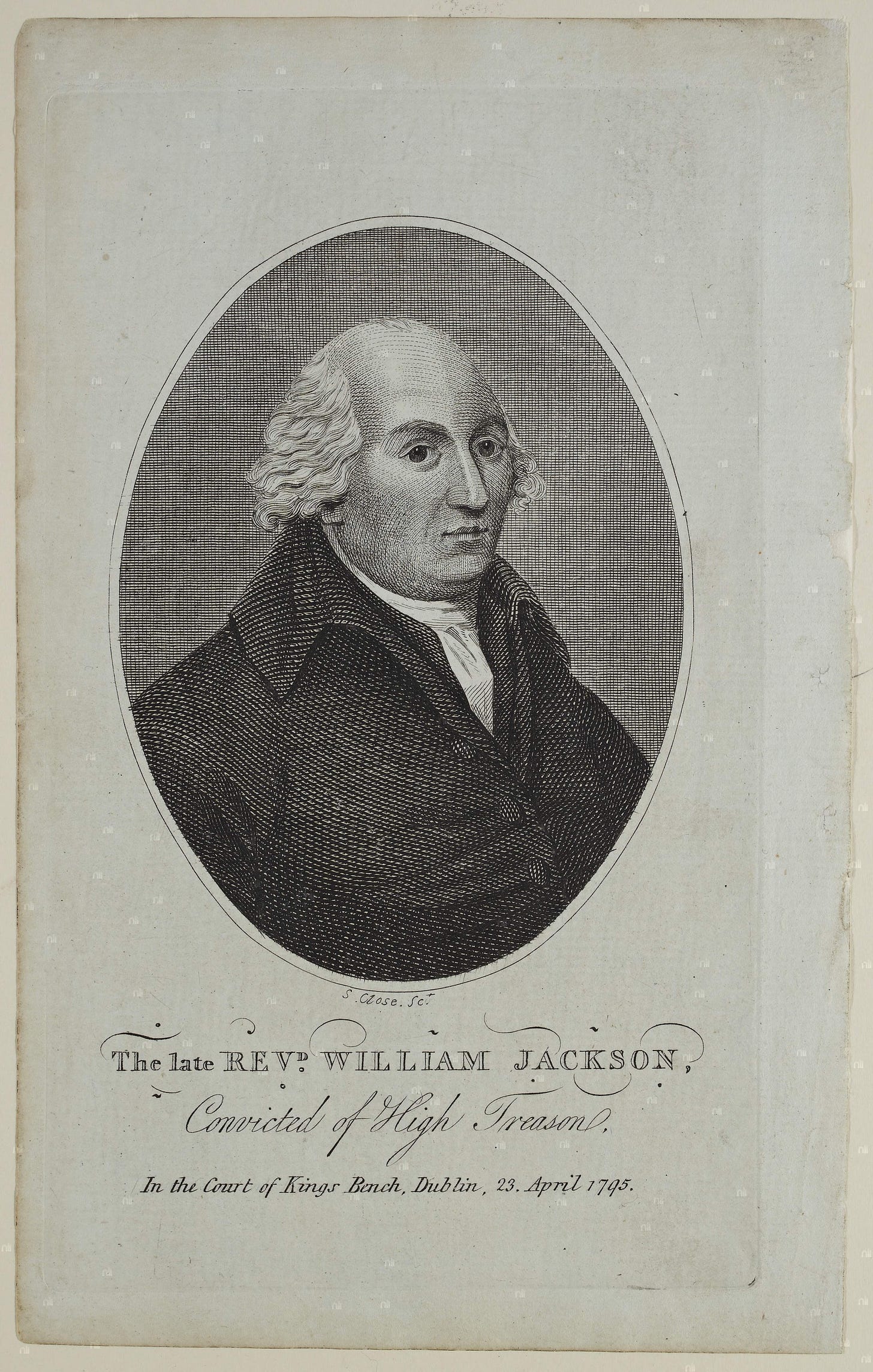
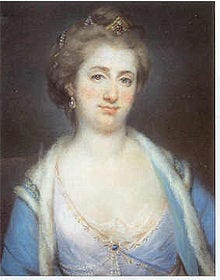
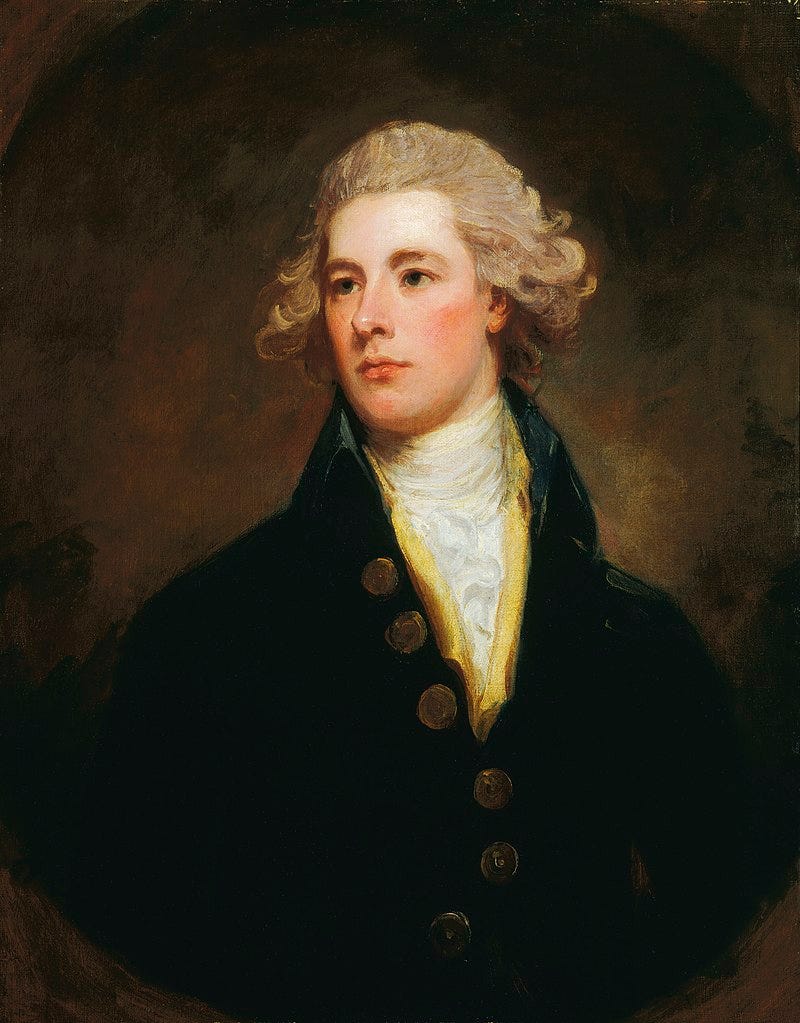
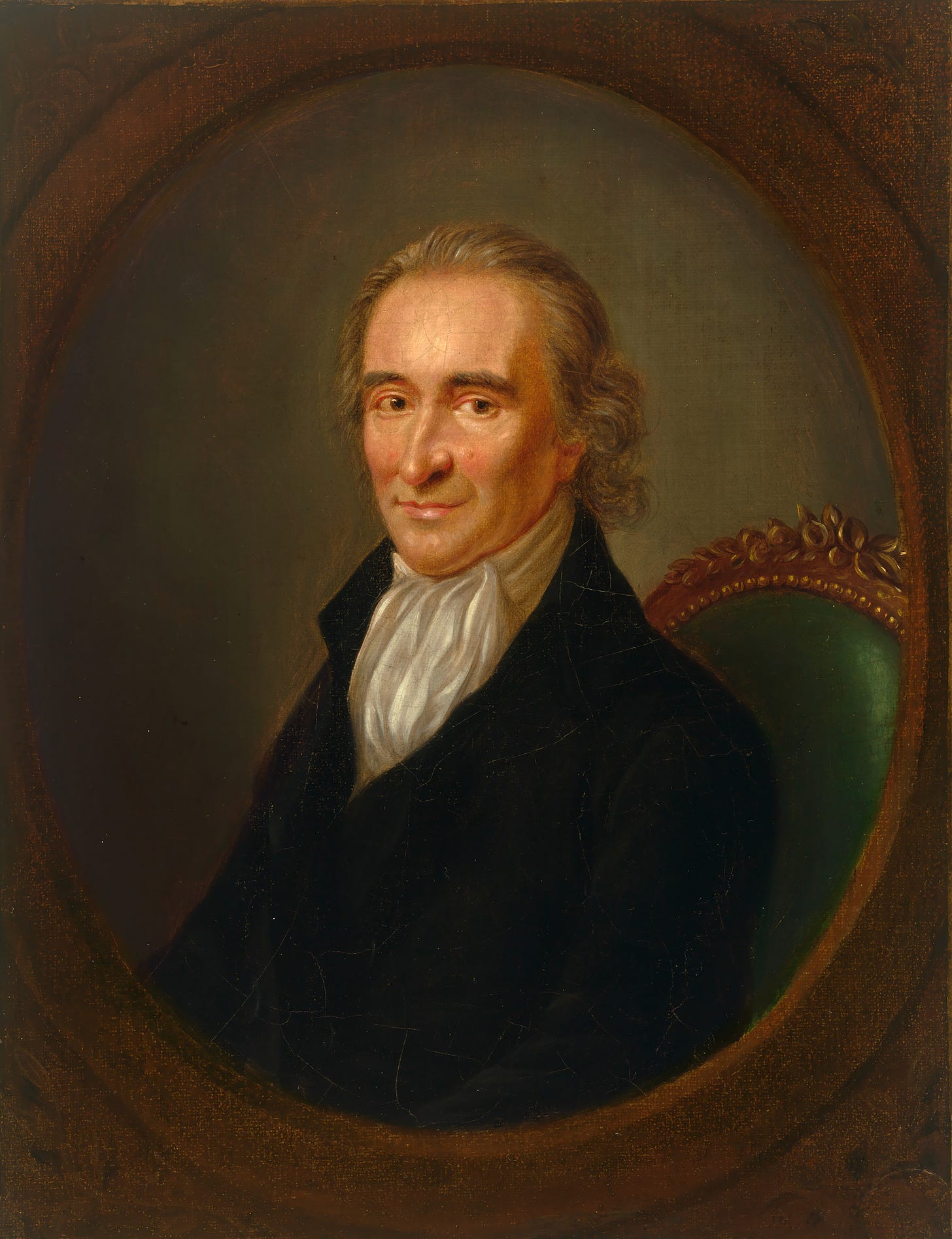
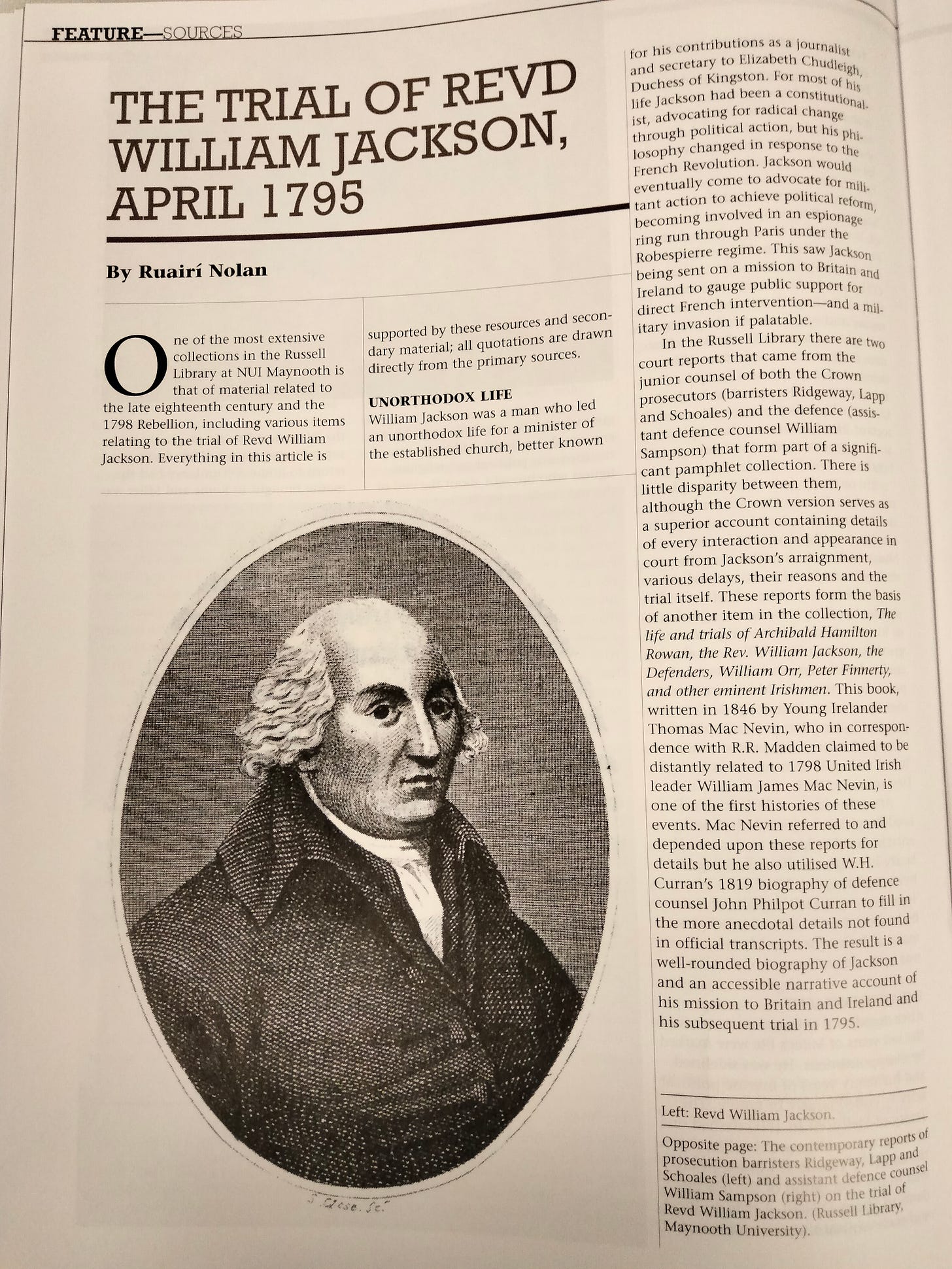
Well written. I look forward to more.